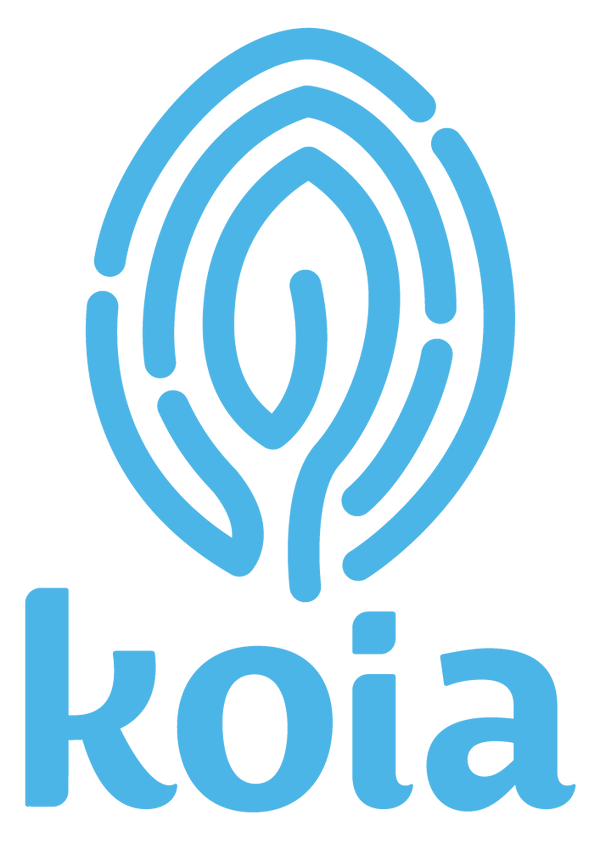If you’ve ever taken a close look at the ingredient list on packaged foods or supplements, chances are you’ve encountered lecithin. But what exactly is it, and what role does it play in your health?
What Is Sunflower Lecithin?
Lecithin is a natural fatty substance found in both your body and various plant and animal-based sources. It plays a crucial role in your health, particularly as a major component of cell membranes. It’s most commonly found in foods like eggs, soybeans, and sunflower seeds.
Sunflower lecithin, as the name suggests, is derived specifically from sunflower seeds. Unlike soy-based lecithin, sunflower lecithin has several distinct advantages, making it a popular option in health products and functional foods. Sunflower lecithin is non-GMO, plant-based, and extracted using gentler methods, making it a cleaner, more sustainable choice for those looking to boost their health.
In food products, lecithin is mainly used as an emulsifier, helping to mix ingredients that would otherwise separate (think of how oil and water don’t mix). It’s found in many processed foods, but you can also find it as a standalone supplement in various forms like capsules, liquid, and granules.
What Are the Benefits of Sunflower Lecithin?
-
Supports Heart Health: Sunflower lecithin can help lower LDL ("bad") cholesterol and increase HDL ("good") cholesterol, promoting a healthier heart.
-
Aids Digestion and Liver Health: It helps break down fats and supports liver function, reducing the risk of fatty liver disease.
-
Helps with Breastfeeding: Sunflower lecithin can reduce the risk of clogged milk ducts by thinning breast milk.
- Gentler Option: Non-GMO, plant-based, and extracted without harsh chemicals, sunflower lecithin is a cleaner alternative to soy or egg yolk lecithin, especially for those with allergies or sensitivities.
Sunflower Lecithin vs. Other Lecithin Sources: Soy and Egg Yolk
When comparing sunflower lecithin to soy lecithin and egg yolk lecithin, there are some important differences:
-
Soy Lecithin: While soy lecithin is the most common, it’s often derived from genetically modified soybeans (GMOs) and can pose risks for those with soy allergies. Additionally, the extraction process typically involves chemicals.
-
Egg Yolk Lecithin: Derived from eggs, this type of lecithin is also widely used but not suitable for vegans or those avoiding animal products. Like soy lecithin, it also requires chemical extraction methods that can leave residues in the final product.
- Sunflower Lecithin: As an allergen-free, non-GMO, and plant-based alternative, sunflower lecithin is an good option for people with sensitivities to soy or eggs. It’s also produced using more gentle extraction methods that avoid the harsh chemicals used in other lecithin types, making it a cleaner and more sustainable choice overall.
Are There Any Risks or Side Effects?
For most people, sunflower lecithin is a safe and well-tolerated supplement. However, there are a few potential risks or side effects to keep in mind:
-
Allergies: Although rare, some individuals may have an allergy to sunflower seeds. If you have a known sunflower seed allergy, you should avoid sunflower lecithin.
-
Digestive Issues: In some cases, taking sunflower lecithin in high amounts can cause mild digestive discomfort.
- Interactions with Medications: Since lecithin can affect fat metabolism, it’s wise to consult a healthcare professional before starting a lecithin supplement, especially if you’re taking medications for cholesterol or blood pressure.
Conclusion
Sunflower lecithin is a safe and natural ingredient that can offer some modest benefits when included in your diet in moderation. It provides essential nutrients like potassium, phosphorus, and fatty acids, and can support the absorption of choline and fat-soluble vitamins. While it may assist with cholesterol balance, digestion, and breastfeeding for nursing moms, it’s not a miracle solution—just a helpful addition to a balanced routine. Whether in food or supplement form, sunflower lecithin is a good option for those looking for a plant-based, non-GMO alternative to other lecithin sources.

